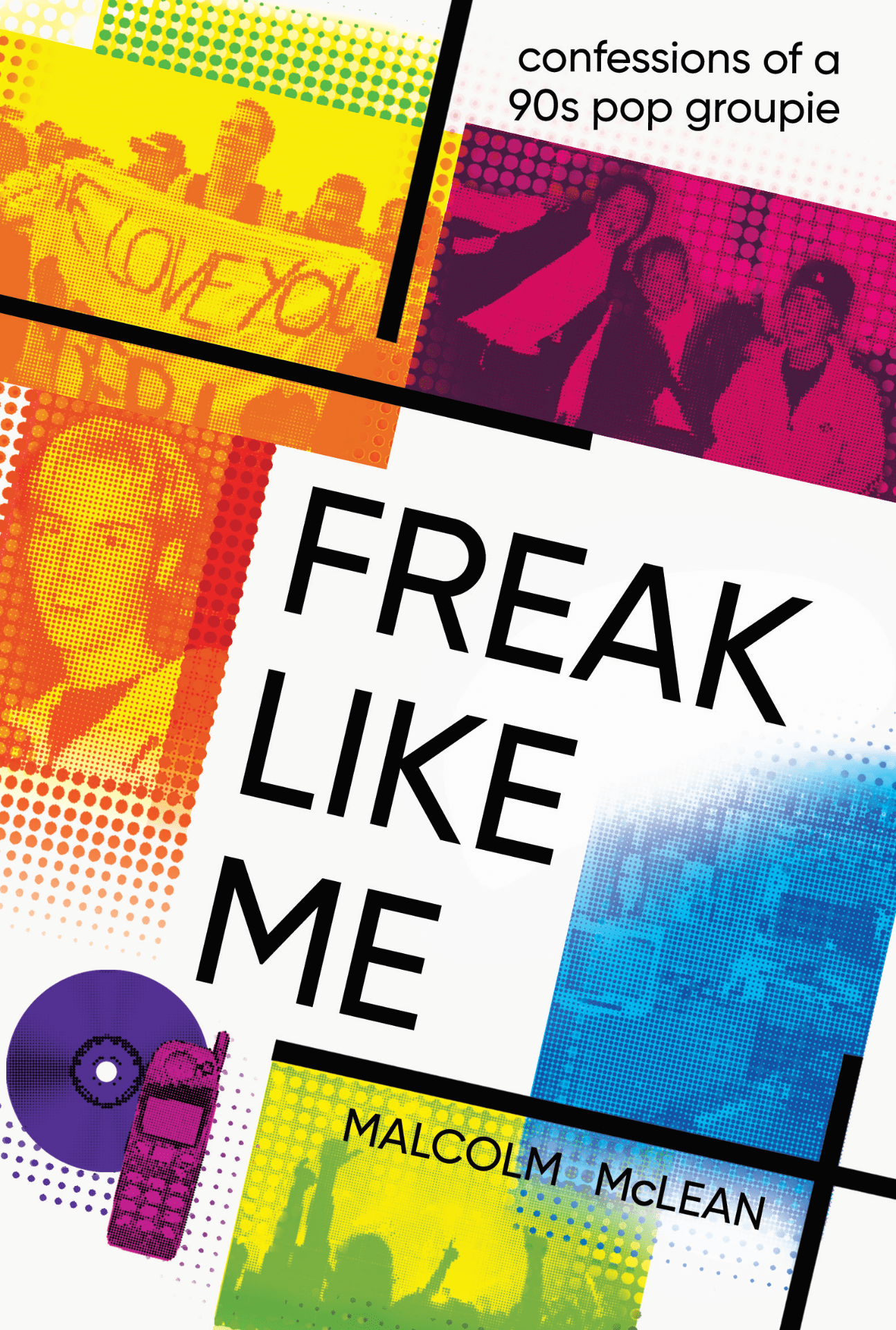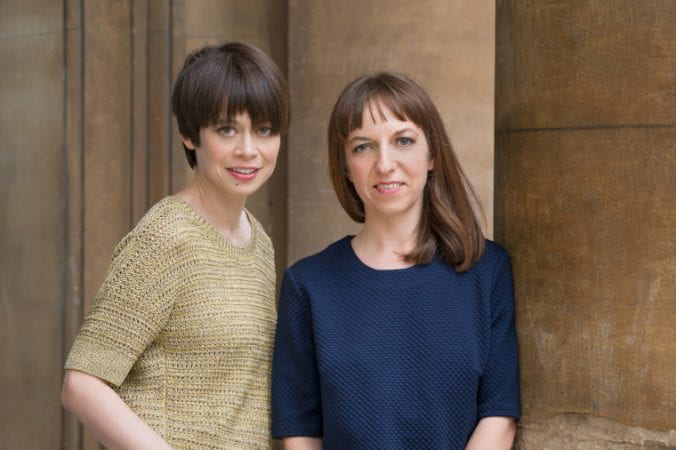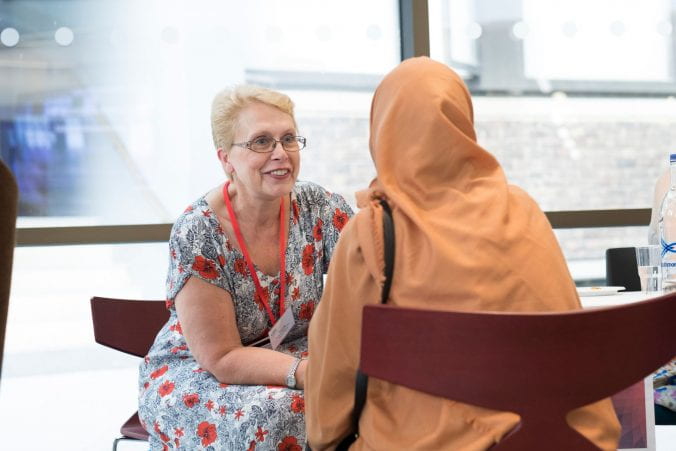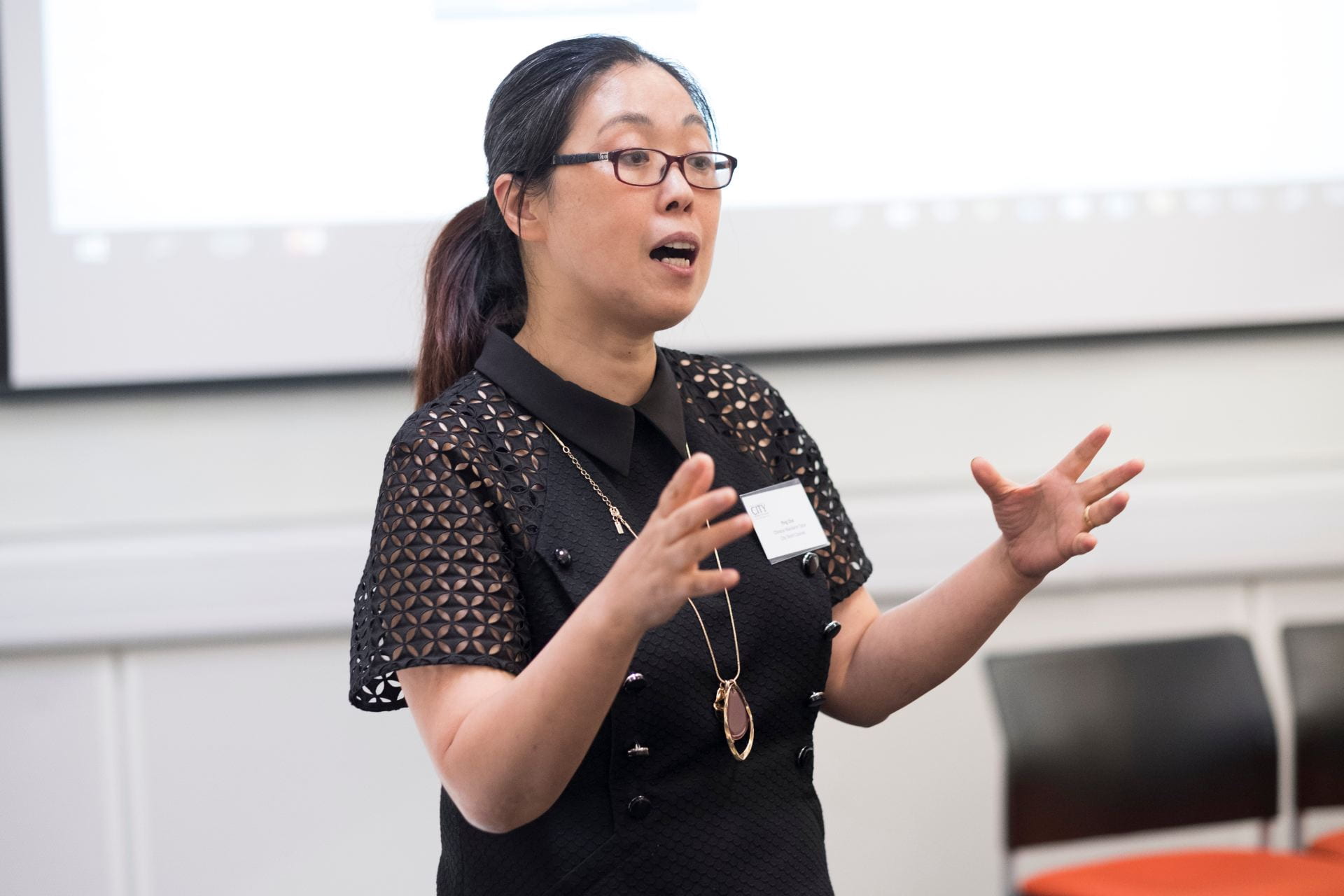Success in business and in our personal lives does not depend solely on our message, but also on how we present the message. It can be the difference between clinching a promotion and being passed over, or between receiving investor funding and refusal. Presentation is an essential skill in business; at some point in our academic or professional lives, we will be expected to make a presentation to our peers, senior managers, or investors.
If the idea of delivering a presentation brings you out in a cold sweat, you are not alone. Somewhere between 20 and 75% of the population suffer from Glossophobia – a fear of public speaking, making this the most common phobia or fear in modern society.
The good news is that no one is born with the ability to present well – and with enough preparation and practice anyone can become a good presenter. It just requires a few simple training techniques and personal adjustments.
What are presentation skills?
Presentation is a soft skill, meaning it is transferable and relevant to any job. Like other soft skills, it has a broad definition with many elements:
- Content: a speech, a Q&A, an interactive presentation, an informal talk, or PowerPoint presentation, a series of slides or photographs
- Voice: The ability to speak clearly and with authority on a given subject, at a reasonable pace, and to a tone that engages the audience
- Body language: How you present yourself during a presentation
- Verbal language: Your choice of words also matters for audience engagement. Maximum engagement occurs when you reach out to as many participants as possible
Presentation is important as people with good presentation skills come across as reliable and dependable.
Improving your presentation skills
The benefits of being able to present well for career advancement and personal development are clear, so why do so many of us dread the idea of giving a presentation and why are so many presenters unable to captivate their audience? The key to overcoming your fears and delivering engaging presentations lies within two elements: practice and preparation. Mastering these will help to build confidence and skills needed to deliver well.
Here are some practical tips to help you to improve:
Step 1: Learn non-verbal communication
An academic study calculated that over half (55%) of what makes a presentation a good one came from non-verbal communication. Your audience’s attention will depend more on how you make your presentation than its content. Learn the need for a good posture, the right body language for the audience, open expression and an air of confidence. Acting confident, even when nervous inside, presents the air of authority and knowledge that you need to get through the presentation.
Step 2: Know your audience
You can only communicate properly when you know your audience. The content is appropriate, but so is how you communicate that relevant information. An audience of children will have different demands and expectations and require a different tone and body language than a meeting about business development. In turn, this audience will have different expectations from a panel of experts council watching a presentation that seeks to acquire funding for scientific research. Before the presentation, research and understand the expectations of the audience and build an approach with this in mind.
Step 3: Use good structure
The audience will need to know the content of the presentation, so start with an introduction. Divide the content into specific sections and use the introduction to explain how the presentation will be divided. Each attendee may have a different expectation and interest from the person next to them. The presentation should conclude with a summary of the main points acting as a memory aid. This is especially useful if there is a Q+A session.
Step 4: Rehearse
Fail to prepare and prepare to fail. Rehearsal is not about memorising one’s lines as it with an acting rehearsal, but about knowing the content enough to be able to carry on with the presentation if technology fails. Memorise the structure and the broad points, not the line by line account. It is also about adapting the presentation to the audience – emphasise points when they seem interested and hasten points when they appear bored. Plus, rehearsing improves the confidence in your tone and presentation skills, and helps you work out what does and does not work in the content before the final delivery.
Step 5: Ask for audience feedback
It is normally good policy to have a question and answer session at the end of a presentation. Sometimes it helps to gain feedback during the presentation. A good way to do this is to offer interactive elements such as a show of hands or setting aside time for ideas and suggestions. This will help develop your presentation skills for the future and adapt the current presentation to the audience. This feedback will be positive or negative and help you develop in the right direction.
Step 6: Record your presentation
It is easier to see what went wrong after the fact and from the point of view of an observer. Review the video days or weeks later when the presentation is no longer at the front of your mind. Your errors will be much clearer and you will be able to learn from those mistakes. When the presenter is mindful of what did and did not go well, they can tweak their presentation style and length of each section. They should also adapt and their general skills and the confidence that goes with it.
Presentation is about having a solid foundation in how to communicate the message, whatever that is. Confidence, the ability to present a speech and impress, are all teachable skills through a dedicated short course on presentation skills.

















Recent Comments